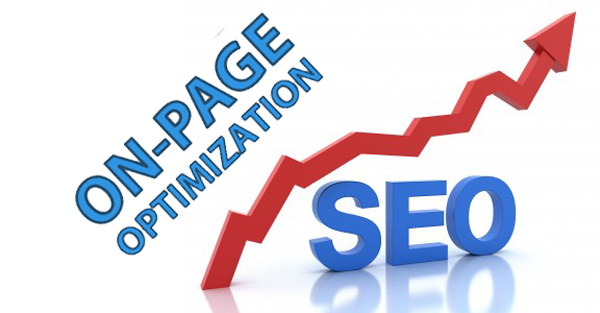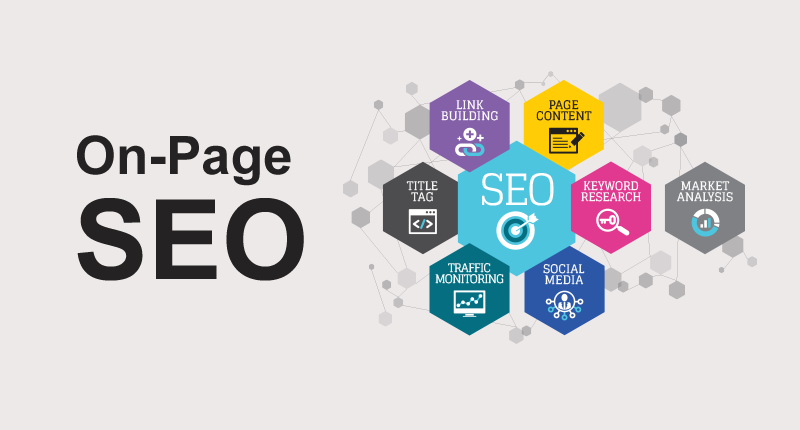On-page SEO is the most important factor to determine the rank of your websites.
And while you will want to keep readability and relevancy in mind, too – so people will actually READ your blog – your SEO efforts can really pay off and rank them on SERP.
Table of Contents
What Is On-Page Seo?
On-page SEO is the process of optimizing your web pages in a way, so that search engines can find and register them correctly.
This can be done by making sure that the content on the website is written specifically to include certain keywords that are pertinent to your business and its audiences.
Why Is On-page SEO Important?
On-page SEO tells Google – or other search engines – who you are and that you should be at the top of the search results when your keywords are typed in the search box.
Without proper on-page SEO, your website could be left in the dust.
And why can we do it? Especially since you’ve invested thousands of dollars to get it up and running.
Feeding the Google Crawler as much information as possible about the website is crucial.
However, some people focus too much on their SEO efforts and don’t keep their content in balance.
Make sure it is also readable and enjoyable for their users…
The Most Important Aspects Of On-page SEO
1. Keyword Choice And Placement
The keyword or keyword phrase that is chosen for each page is an important aspect of SEO optimization.
The keyword should be:
- In line with the subject of the page.
- Easily searchable.
- Easy to use and works within the text.
2. Unique And Useful Content
The bottom line when it comes to content, you should write amazing copy.
This means that the content is of a decent length and is not copied from any other sites.
We recommend a minimum of 500-600 words to be included, but longer articles (2,000 words or more) tend to rank better.
3. URL
Make sure that your URL includes your keyword or phrase for the page.
If possible, put the keyword at the beginning of the URL – the best placement for Google’s algorithm, which places more value on words.
4. Title Tag
Google will look at the title tag of the content to determine its relevance to a subject.
This is the link that people will click on after they perform a search on Google.
5. Meta Description
Google also checks the post’s meta description.
The meta description should include the page’s keyword or keyword phrase.
This description is what will show up as the small paragraph under the title when search results are returned to the viewer.
6. Image Alt Text
Adding your keyword or keyword phrase to the alt tag on images sends Google a relevancy signal for your pictures.
Final Thoughts
When creating pages for a website, include these six most important aspects of on-page SEO.
Still, you are not sure how to optimize it.
You can hire an SEO specialist from Fiverr at an affordable price.
He is also a SEMRush certified SEO though he charges a low price for optimizing the blog because he is building his portfolio.
For more information about this topic – On-Page SEO (guide), you can check here.
It’s a beginner-friendly guide that will teach you everything you need to know about optimizing your site for better search engine ranking.

